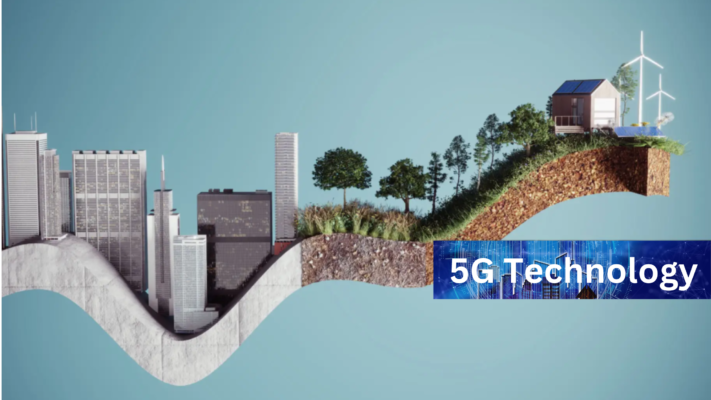
The evolution of wireless technology has transformed global communication, and Africa is no exception. With the rise of 5G and the upcoming 6G networks, connectivity speeds, artificial intelligence (AI) integration, and smart applications are expected to redefine digital landscapes. This article explores what 5G and 6G are, their applications, benefits, challenges, and the impact on Africa’s development.
What is 5G and 6G Technology?
5G (Fifth-Generation Network) is the latest mobile network that offers ultra-fast internet speeds, reduced latency, and high bandwidth, enabling seamless connectivity for smart cities, AI applications, and IoT (Internet of Things) devices.
6G (Sixth-Generation Network) is the future of wireless communication, expected to launch by 2030. It will bring AI-driven automation, enhanced security, terahertz (THz) frequencies, and near-instant data transmission.
The Role of 5G and 6G in Africa’s Digital Transformation
1. Enhancing Internet Connectivity
Africa faces internet penetration challenges, but 5G networks can bridge the gap, bringing affordable and fast connectivity to remote areas.
2. Revolutionizing Smart Cities and Infrastructure
- 5G enables smart city projects like real-time traffic management, smart grids, and AI-driven security systems.
- 6G will further enhance automation, improving urban planning and energy efficiency.
3. Impact on Healthcare and Telemedicine
- 5G’s high-speed connectivity supports remote patient monitoring, AI-driven diagnostics, and telehealth services.
- 6G is expected to integrate wearable devices, revolutionizing healthcare across Africa.
4. Agricultural and Industrial Innovation
- 5G-powered IoT sensors optimize farming, reducing water waste and increasing crop yields.
- AI-driven automation in industries will enhance manufacturing and supply chain efficiency.
Opportunities for Africa’s Youth in the 5G and 6G Era
1. Digital Entrepreneurship
With faster internet speeds, African youth can build startups, launch e-commerce platforms, and develop AI-based businesses.
2. Tech-Based Employment
- 5G and AI-related jobs will rise, offering opportunities in cybersecurity, network engineering, AI development, and IoT deployment.
- 6G will create demand for AI specialists, quantum computing experts, and blockchain security analysts.
Challenges and Precautions in Implementing 5G and 6G
1. Infrastructure and Deployment Costs
- The high cost of 5G infrastructure remains a barrier for many African nations.
- 6G will require even more advanced hardware and investments.
2. Cybersecurity Risks
- With enhanced connectivity comes higher risks of cyberattacks.
- Governments must implement strict cybersecurity measures to protect users and businesses.
3. Digital Divide and Accessibility
- While urban areas will benefit first, rural regions must also gain access to 5G and 6G technologies.
- Governments and telecom companies must collaborate to ensure affordable internet for all.
The Future of 5G and 6G in Africa
Government Policies and Investment
Governments must invest in 5G infrastructure, AI development, and STEM education to prepare Africa for the 6G revolution.
Research and Collaboration
- Universities and research institutions should partner with tech giants to explore AI, machine learning, and quantum computing.
- Encouraging local innovation will drive Africa’s digital independence.
Conclusion
5G and 6G will play a pivotal role in Africa’s development, offering opportunities in entrepreneurship, education, healthcare, and digital infrastructure. While challenges exist, strategic planning and investment can ensure Africa fully leverages these advanced technologies.
References & Sources
- Amity University Research on 5G
- National Spectrum Strategy (NSS) Report
- World Economic Forum on 6G
- ITU Reports on 5G and 6G